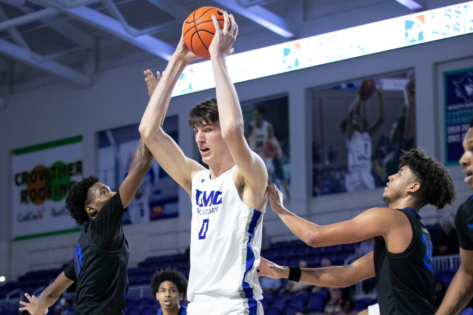The atmosphere at Fenway was electric following Boston’s victory over the Yankees in a sweep of the series. Marking their three-series winning streak of the season. The crowd erupted with excitement as players showed teamwork on the field, and optimism soared amongst fans and players alike. That’s when, just hours later, the front office dropped the bomb: Rafael Devers was traded. Not quietly, not in October, right in the middle of a surge. The blockbuster sent Devers, a three‑time All‑Star, hitting .272/.905 OPS with 15 homers, to the Giants. Behind the Curtain: Devers, Alex Bregman, and a Big Question Mark.
The root issue? Devers resisted shifting from third base after Boston signed Bregman, a signing meant to shore up Boston’s corner infield. That snowballed into clubhouse tension, stalling any real resolution. Ultimately, the Sox flipped Devers for arms and prospects: Jordan Hicks, Kyle Harrison, James Tibbs III and Jose Bello. But the trade cost more than cash, it cost identity, timing, and Devers’ bat at a pivotal point.
Now: Where does Bregman’s future stand? He inked a flashy three‑year, $120 million deal, and yes, it includes opt‑outs after 2025 and 2026. He arrives in Boston expecting to plug into a powerhouse core. Instead, he walks into a clubhouse rattled by mid‑season star exits and management discord. With Devers gone, Bregman is now the cornerstone. But if the team slides, and worse, if they pump the brakes on reinvestment, you can bet Boras won’t hesitate.
Let’s be clear: Bregman can, and likely will, opt out. With Scott Boras running the chessboard amid market chaos, every losing swing from the Sox strengthens Bregman’s leverage. Would he want to be the face of a Boston rebuild?
Craig Breslow’s summer playbook just got thrown into chaos. He traded away Devers while banking on pitching and prospect reinforcements. But the rotation still ranks near the bottom of the league, and the new arms, injured Hicks, developmental Harrison, aren’t exactly instant upgrades. That leaves frontline decision‑making under a harsh spotlight.
What happens if Bregman walks, and Devers proves dominant in San Francisco? The optics will be brutal. Breslow started with a buzz, bringing in Buehler, Crochet, and Chapman. But now the narrative is shifting. The Devers trade may have cleared $235 million, but if it leads to losing Bregman, the front office will have emptied the vault only to find themselves bankrupt of talent.
Inside the Rafael Devers rift: Position battles and broken trust
Fenway’s clubhouse wasn’t exactly a war zone until Craig Breslow, barely months into replacing Chaim Bloom, made a bold ask: shift Devers to first base after Casas went down. Devers didn’t just decline, he drew a line. “They came to me and talked to me about it,” he told reporters, but said it “doesn’t seem like a good decision” given that he had been told in spring training his only defensive reps would come at DH. Then came the jab that ignited everything: “They should do their jobs essentially and hit the market and look for another player.” That wasn’t just resistance, it was defiance, loud enough to echo through the walls of the front office.
The front office interpreted Devers’ stance as more than a disagreement; they saw it as an ultimatum. And with team momentum surging, they chose to act fast. The trade with San Francisco wasn’t just about payroll relief or prospect returns; it was about asserting control. John Henry personally flew to Kansas City to calm things down, but the meeting fizzled. Devers didn’t budge. What happened next wasn’t framed as a rebuild, but it played like one: four players inbound, including struggling starter Hicks and prospect Tibbs III, in exchange for one of baseball’s top 15 bats.
The clubhouse response? Muted, but telling. Devers, while never a vocal leader, was a constant, the face on the media guide, the bat teams game-planned around. Some teammates quietly supported the decision, annoyed by his refusal to adapt. Others were stunned that the team pulled the plug midseason, especially after sweeping the Yankees. If this was supposed to be a message about accountability, it doubled as a warning: speak out, and you could be next.
And with Alex Bregman watching all of it unfold while sitting on an opt-out clause, the atmosphere inside Fenway now feels less like revival and more like a silent standoff.
The post Rafael Devers Trade Puts Alex Bregman’s Red Sox Future on Line as Breslow Faces Leadership Reckoning appeared first on EssentiallySports.



